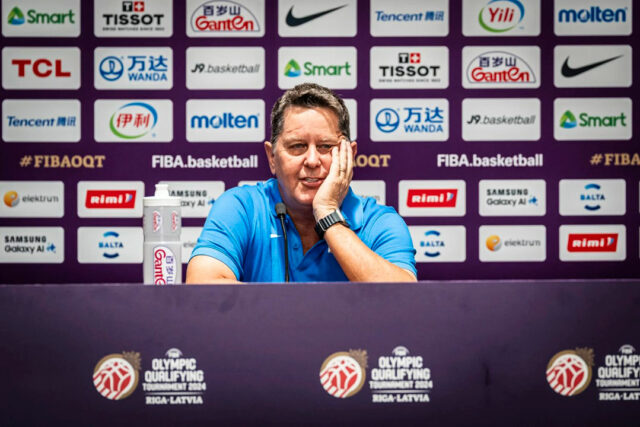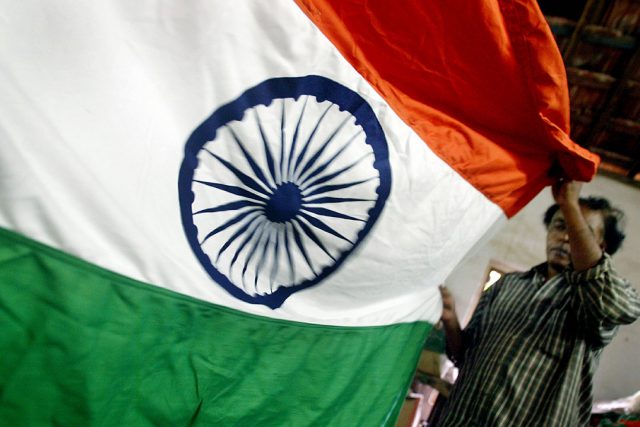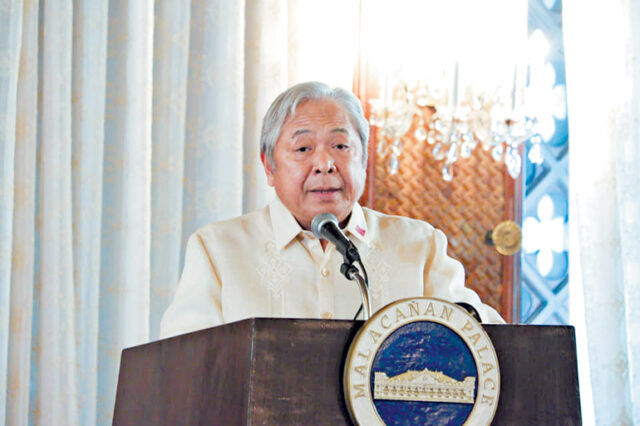BAHADURNAGAR, India — Just a pat on the back by preacher “Bhole Baba” and Ramkumari said a stone in her kidney vanished. The 85-year-old gave no proof but this story and countless others of similar “miracles” led to Baba’s following rocketing in India’s northern states.
A gathering addressed by the former police head constable in a crowded field last week drew a quarter of a million people and caused one of the deadliest stampedes in the country.
Bhole Baba, or Innocent Elder, was born Suraj Pal Singh Jatav. He quit the police in 2000 to join a series of Hindu preachers and gurus in India who are sought by millions for miracle cures and spiritual advice. They are often called godmen, and many have been wooed by politicians for the influence they wield.
Their patrons have included international celebrities like the Beatles, who spent days in the ashram of Maharishi Mahesh Yogi in the late 1960s. Some of these gurus expanded beyond India, most famously Osho, who lived and preached in the United States in the early 1980s.
Almost all of them are credited by their followers with miraculous powers.
“I had gone to one of his early gatherings and told him I had chronic pain from a kidney stone for many months,” said Ramkumari, Baba’s former neighbor in Bahadurnagar village in India’s Uttar Pradesh state, where he was born and still has a home.
The village has only about 50 homes in all and is set amid fields which grow corn, wheat and rice. On the periphery is a sprawling, pearly-white ashram run by devotees of Baba.
“He smiled and blessed me with a pat on the back. The stone vanished soon after,” said Ramkumari, who gave just one name.
Another resident in the village, 55-year-old Surajmukhi, said Baba’s blessing helped her give birth to a son after seven daughters. Sons are sought after in many Indian families.
“We desperately wanted a boy,” said Surajmukhi. “Then I met Baba with my husband. He made me chant some mantras (verses), gave me some water to drink and patted me on my back. After nine months I had a baby boy.”
Lying on a cot next to her, Baba’s older sister Sonkali, thin and frail, said: “It was a miracle”.
Baba, formally known as Narayan Sakar Hari now, is estimated to be about 72 by his family and followers, who are spread across India’s heartland states of Uttar Pradesh, Rajasthan, Haryana and Madhya Pradesh.
LINE TO GOD
Two neighbors who have known him since his childhood, including Ramkumari, said he took the path after a dream one night about 25 years ago that a divine spirit had given him supernatural powers. He quit the police in the city of Agra and started preaching, they said.
Baba would later claim he had a direct line to God and could channel divine blessings to people.
“Soon after we saw a line of cars bringing Suraj Pal into the village and people said he would henceforth be called a Baba (elder),” Ramkumari said.
Reuters could not contact Baba. He told Reuters partner ANI that he was grieving and his aides would help the injured and the families of the deceased.
The stampede at his gathering on Tuesday killed 121 people, mostly women, and injured scores out of about 250,000 who had congregated in a canopied paddy field to listen to him, many trampling over one another as they ran after his car when he was leaving.
Police say authorities had allowed only 80,000 to attend, and have arrested six aides to Baba who were involved in organizing the event. The main organizer surrendered to police on Friday.
Police said that in the initial days of his rise to fame, Baba had claimed that he could bring the dead back to life and even tried to take away the body of a 16-year-old girl from a crematorium promising a miracle to the family. Police intervened and the matter was closed soon after.
Posters and videos posted on YouTube show him dressed in traditional Indian kurta tunics or pristine white suits and ties, often sporting sunglasses, a departure from the spartan image of most godmen.
Still, his clout is smaller than other gurus and godmen in India, including Sri Sri Ravi Shankar and Sadhguru. Yoga guruBaba Ramdev, known to be close to Prime Minister Narendra Modi, runs the Patanjali consumer goods brand that has boomed in recent years.
Two godmen, Asaram Bapu and Gurmeet Ram Rahim Singh, were both convicted of rape in separate cases and jailed, after years of drawing thousands of devotees to their sermons and ashrams.
GIVE PEOPLE HOPE
Sociologists say such gurus are often believed to possess healing powers, and are especially popular among those who are poor, sick or feel underprivileged.
“People are insecure — economically, socially and otherwise,” said Dipti Ranjan Sahu, head of sociology at the University of Lucknow in Uttar Pradesh.
“Unemployment, deprivation, discrimination, ignorance, illiteracy — these things play a part. So they see hope in the godmen, maybe some miracle will happen.”
Surinder Singh Jodhka, who teaches social sciences at New Delhi’s Jawaharlal Nehru University and has researched on the subject, said “people are kind of looking for some meaning in their life” and that’s where godmen come in.
“People are feeling lost and they are looking for some sense through which they can identify with other people, they feel less lonely,” he said. “This gives them hope and they are willing to believe in it.” — Reuters











